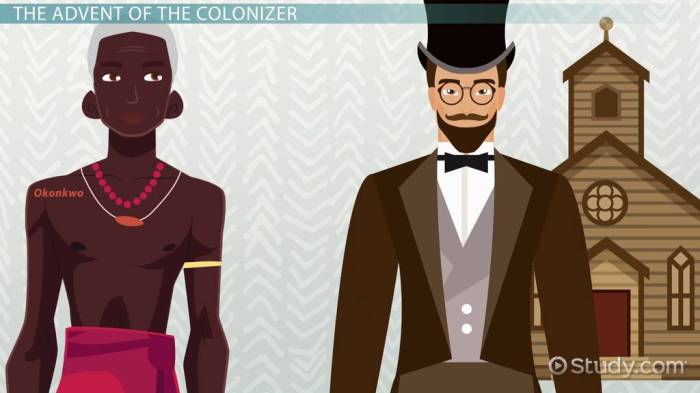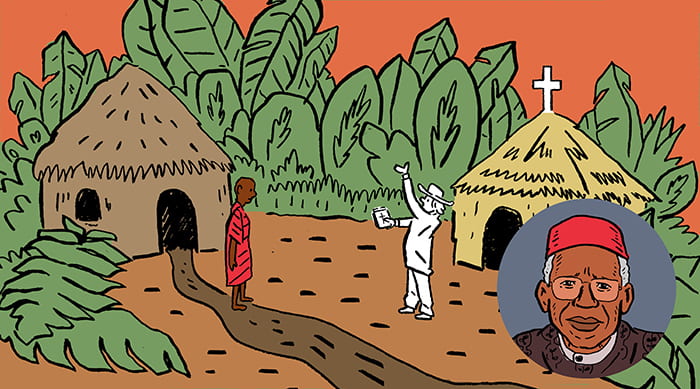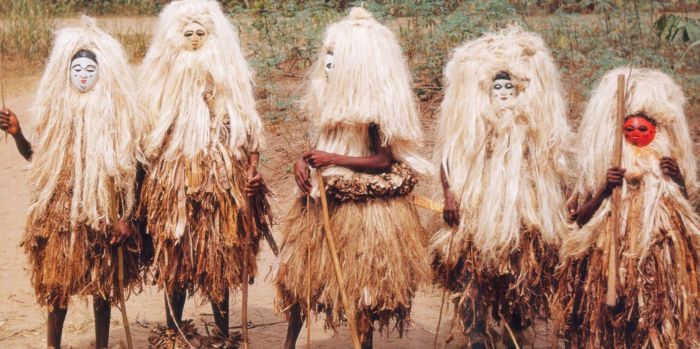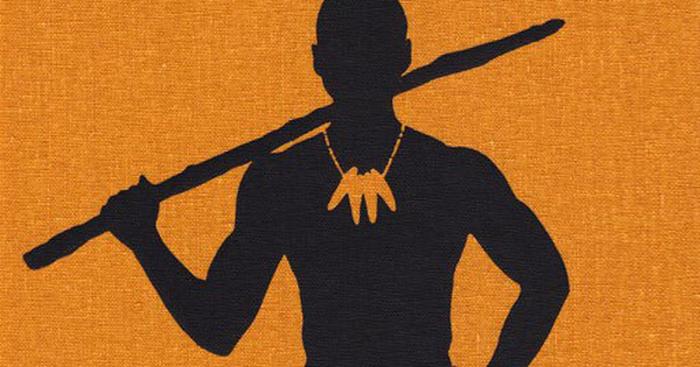Summary of chapter 14 things fall apart – In Chapter 14 of Chinua Achebe’s Things Fall Apart, Okonkwo’s world is thrown into turmoil as the arrival of the white man brings new challenges and conflicts. This chapter is a pivotal moment in the novel, as it marks the beginning of the end of traditional Igbo society.
The chapter opens with Okonkwo returning to his village after seven years of exile. He finds that his village has changed significantly in his absence. The white man has arrived, and his influence is spreading throughout the land. Okonkwo is alarmed by these changes, and he fears that the Igbo way of life is under threat.
Chapter 14 Summary: Summary Of Chapter 14 Things Fall Apart

Chapter 14 of “Things Fall Apart” narrates the events surrounding the arrival of the white missionaries in Umuofia and the growing tensions between the Igbo community and the colonial authorities. Okonkwo, a prominent Igbo warrior, is initially skeptical of the missionaries but later joins their ranks in an attempt to gain power and influence.
The chapter highlights the clash between traditional Igbo values and the Western ideals brought by the missionaries. It also foreshadows the impending conflicts and the eventual demise of the Igbo culture under colonial rule.
Character Development
Okonkwo’s character undergoes significant development in Chapter 14. Driven by his ambition, he initially embraces the missionaries as a means to gain power and recognition. However, as he learns more about their teachings and intentions, he becomes disillusioned and disillusioned with the white man’s ways.
Okonkwo’s inner conflict intensifies as he grapples with his loyalty to his community and his desire for personal advancement. His actions and decisions reflect his evolving understanding of the changing world and his place within it.
Cultural and Historical Context
Chapter 14 is set against the backdrop of the colonial era in Nigeria. The arrival of the missionaries and the establishment of a colonial outpost in Umuofia symbolize the encroachment of Western influence and the disruption of traditional Igbo society.
The chapter provides insights into Igbo traditions, beliefs, and values. The importance of the kola nut, the significance of ancestral spirits, and the role of elders in decision-making are all depicted vividly, showcasing the richness and complexity of Igbo culture.
Symbolism and Motifs, Summary of chapter 14 things fall apart
Symbolism and motifs play a crucial role in Chapter 14, enhancing the narrative and conveying deeper meanings. The white missionaries are often depicted as symbols of Western authority and the threat it poses to traditional Igbo ways of life.
The kola nut serves as a symbol of hospitality, peace, and reconciliation. Its presence or absence in various scenes signifies the state of relationships and the potential for conflict or harmony.
Literary Devices
Achebe employs a range of literary devices in Chapter 14 to enhance the storytelling and convey his message. Foreshadowing is used to hint at the impending conflicts and the eventual demise of Igbo culture. Imagery creates vivid descriptions that immerse the reader in the Igbo world and its traditions.
Irony is used to highlight the contradictions and complexities of the situation. The missionaries’ preaching of peace and love contrasts with the violence and destruction they ultimately bring to Umuofia.
Clarifying Questions
What is the main conflict in Chapter 14 of Things Fall Apart?
The main conflict in Chapter 14 of Things Fall Apart is the clash between traditional Igbo culture and the new ways introduced by the white man.
How does Okonkwo react to the changes in his village?
Okonkwo is alarmed by the changes in his village and fears that the Igbo way of life is under threat.
What is the significance of the white man’s arrival in Chapter 14?
The white man’s arrival in Chapter 14 marks the beginning of the end of traditional Igbo society.


